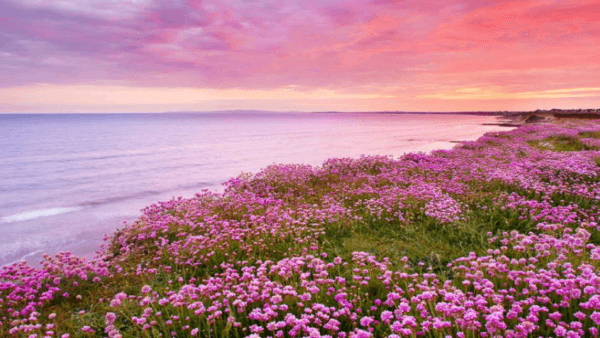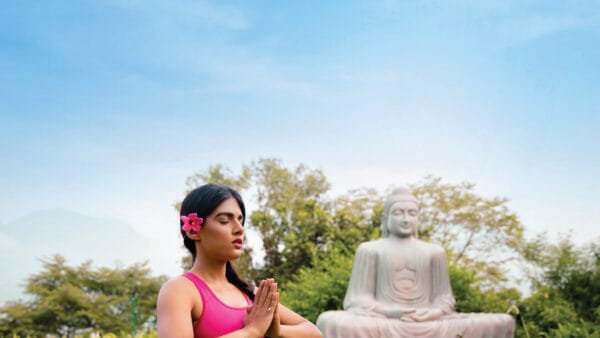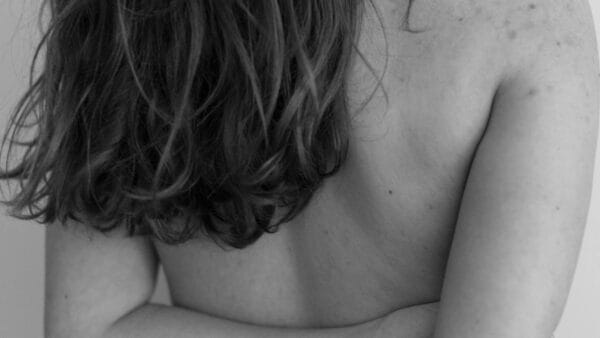“To me, the smell of fresh-made coffee is one of the greatest inventions.” With this statement, actor Hugh Jackman echoes the sentiments of every coffee addict. Don’t most of us like to wake up to the smell of coffee? Like Jackie Chan says, coffee is a language in itself. If a shot of espresso can escalate your mood in seconds, its deprivation plummets your mind into an abyss. While this is quite dramatic, it’s not too far from the truth. And the reason lies in caffeine, an alkaloid compound found in tea and coffee plants, which is a stimulant of the nervous system but is also a highly addictive drug. Before you reach out for your next cup of coffee, here’s why you should step back.
Caffeine as a nerve stimulant
Caffeine is one of the world’s most widely consumed and legitimately available psychoactive drugs. The kick it gives your brain is almost like the one you get when you are in love. You are more focused, alert and happy. Actor Sandra Bullock once famously remarked that the experience of giving up on coffee was worse than giving up on a lover. And she is definitely not alone. Die-hard coffee fans usually find themselves acing withdrawal effects such as headaches, nausea and lethargy if they suddenly stop consuming their favourite beverage. “Caffeine is a nervous system stimulant that wakes you up,” states nutritional consultant Jaydeep Bhuta. “For those who feel extremely lethargic while working out, an espresso shot or black coffee or a good caffeine supplement as a pre-workout drink can go a long way in improving your workouts.” However, he is quick to add that when consumed in very high quantities, it can have a negative effect due to higher stimulation, and may leave you feeling anxious. It is also advised that one abstains from caffeine after a workout, as it slows the muscle recovery process that is a part of resistance and endurance training.
The relationship of caffeine with beauty
Here comes a dichotomy. Downing cups of your favourite caffeine-rich beverage might lead to disturbed sleep cycles, and in certain cases may cause insomnia, as the over-stimulated brain refuses to rest. Don’t we all know that lack of beauty sleep is one of the primary causes of dark circles. But interestingly, caffeine is one of the most popular ingredients in eye creams. “Because of its diuretic properties, caffeine really helps reducing puffiness and dark circles by improving the micro-circulation. It is also used in various shampoos to improve the blood circulation to the hair follicle,” explains Dr Geetika Mittal Gupta, founder and medical director, ISAAC (International Skin and Anti Ageing Centre). But she also agrees that too much caffeine intake can lead to dehydration and accelerate the signs of ageing due to its diuretic properties. “Excess caffeine consumption causes vasoconstriction of blood vessels, thus preventing good circulation of blood and nutrients—which can cause collagen depletion. However, topical application of caffeine on the skin can have positive results. It can improve the under-eye dark circles and offer protection to skin due to sun damage.”
If you suffer from rosacea, you may want to revisit your caffeine intake. As caffeine causes vasodilation of facial arteries, it can aggravate or even cause rosacea or red skin around the face”. Since caffeine is also known to increase insulin resistance, this increased activity of sebaceous glands could lead to acne,” additionally informs Dr Satish Bhatia, Mumbai-based celebrity dermatologist and cutaneous surgeon. He lists dry eye syndrome as one of the most common side effects of excess caffeine intake.
Caffeine: The good, bad and the ugly

Many caffeinated beverages, most notably tea, coffee and chocolate, have been found to contain beneficial antioxidants. Caffeine has also long been known to help asthma sufferers. “For hoteliers and restauranteurs, the caffeine in coffee, chocolate and green is a blessing. In the world of gastronomy, its flavour is versatile and can be used in the most ingenious ways by chefs, to delight the senses,” states Shiv Kumar Mehan, COO, Leisure Hotels Group. He agrees that the ingredient is addictive, but believes that there are ways to make it healthier. The trick lies in knowing your brew. Filtered coffee helps in regulating blood sugar levels and breaking down body fat by using it for energy. Flavour your coffee with a dash of cinnamon instead of sugar to give it a healthier avatar.
Dr Mittal also sees no harm in having a couple of cups of coffee/tea during the course of the day. However, she suggests refraining from starting your day with caffeine, because it’s highly acidic in nature and that can cause gastric irritation. “According to a new scientific study, coffee drinkers have a longer life span and are lesser prone to depression. The latest trend of having a bulletproof or butter coffee is becoming a huge rage nowadays. It’s a combination of coconut oil, grass-fed butter with coffee. It helps to boost metabolism and gives energy from good fats.”
However, there are some, like Ironman tri-athlete and co-founder director of Atmantan Wellness Resort, Nikhil Kapur, who are not swayed by its pros. Caffeine, in any form, is actually off-limits on the premises of the retreat, whether you’re there for relaxation or detoxification. “Have you noticed that the majority of those who have coffee are sleep deprived? While clinical studies show that caffeine improves the alertness of the mind, the fact is that it has an adverse effect on our gut health and digestion process. That is the reason why it’s not on the menu at Atmantan. In our guests’ daily lives, the consumption of coffee is excessive, and this makes them highly vulnerable to digestive issues like high acidity, reflux and poor absorption of minerals (especially if you have coffee empty stomach in the mornings) and aggravates issues like IBS.” Nutritional consultant Sangeeta Khanna points out that excess caffeine also leeches calcium from the bones.
Kapur, for whom wellness is a way of life, vehemently believes in adopting a caffeine-free diet. Going off coffee can cause irritability, headaches and poor concentration, but the weaning process is easier when you have some healthy substitutes. “We have a wide selection of regular and medicated herbal teas prepared from fresh herbs and spices and you would not even think of the need to drink coffee. One such is a signature tea blend (lemongrass, cardamom and jaggery) and another is a mix of roasted coriander seeds (50 per cent), fenugreek seeds (25 per cent) and cumin seeds (25 per cent) flavoured with cardamom.” His advice: Switch to herbal teas—not to lose weight, but to feel fit.
How much caffeine is too much?
Naturally, it wouldn’t be wise to drink cups and cups of caffeinated beverages throughout every day, but a cup or two (or maybe three) spaced out, when they are most needed for a boost, is a good thing. And it does provide some of the antioxidants that are actually beneficial for our bodies. “Drinking coffee is typically safe for adults; however, drinking more than six cups a day might cause ‘caffeinism’ with symptoms such as restlessness, insomnia and diuresis,” says Kannikar Thepsri, health and wellness advisor, Chiva-Som Wellness Retreat. “Regular or heavy coffee drinking may cause people to become dependent on the caffeine ‘buzz’. They may even suffer from withdrawal symptoms if they suddenly stop drinking it. Like everything in life, there are two sides to the coin. Moderate consumption, which I recommend, is the best way to enjoy coffee’s benefits without any side effects.” To minimise the side effects, pay attention to details. Avoid coffee late in the afternoon or evenings, as it may impair the quality of your sleep. The ideal caffeine consumption depends on a person’s weight and eating habits, according to Khanna, two espressos in a day is still okay. Bhuta, however, warns those with blood pressure or anxiety issues to limit their caffeine intake, as they may face palpitation and a rise in blood pressure because of it.
The article first appeared in Vogue.in





